I recently had the pleasure of attending a performance of Piano Battle at the Colden Center of Queens College. It’s a beautiful venue with a rich jazz history that I recommend to anyone visiting New York City and willing to venture outside of Manhattan.
The idea, clearly, is to shake the dust off classical music and help it to make inroads among those who don’t pay it much attention. That group, of course, includes most of us. The show is an old style cutting contest, which is popular – though with different names — in jazz, hip hop and elsewhere. It’s essentially a highbrow Yo Mama contest.
The audience is given cards as they enter. One side is black and the other white. On stage are two grand pianos that face each other. Two pianists enter: Paul Cibis is in black and Andreas Kern, who from a distance looks a bit like Ben Stiller, is in white.
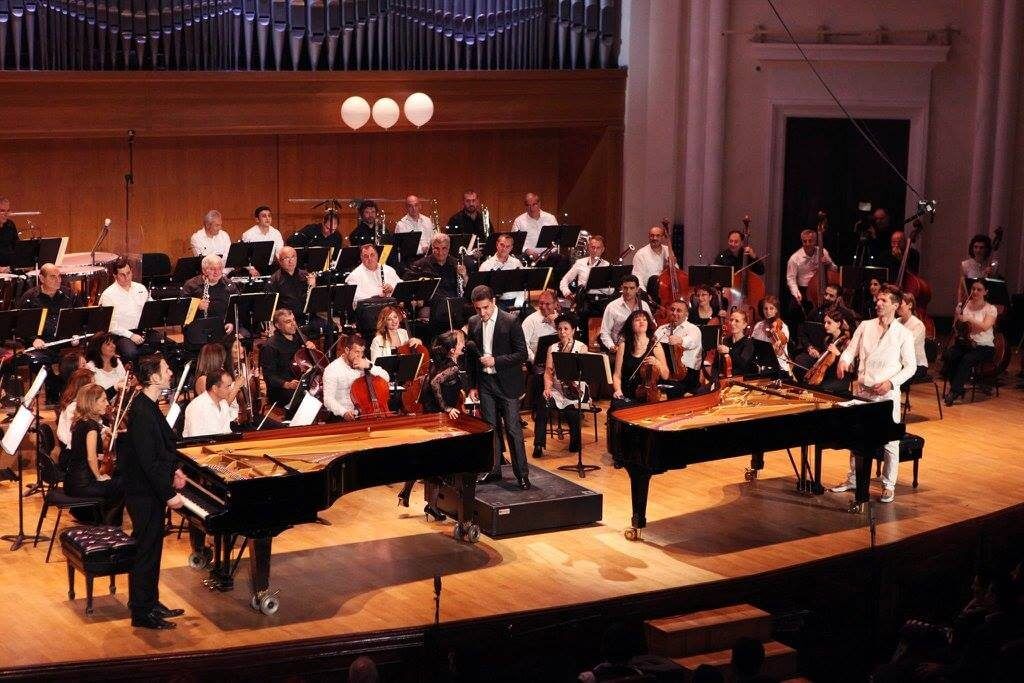
Kern is wild, by classical piano standards. Cibis is staid and conservative. They play six rounds, insulting each other gently along the ways. The audience votes with their cards after each round, and the winner rolls his piano a bit forward toward a masking tape finish line near the front of the stage. Parts are quite funny, but the players are serious when performing, with a couple of exceptions.
The most boisterous pieces was “One Man Band (Haemmerklavier III)” by Moritz Eggert. It was performed by Kern and can best be descried as Horowitz meets Jerry Lee Lewis meets somebody who knows quite a bit about the interior of a piano. Another used volunteers from the audience and involved a ping pong-based contest.
The highlight musically for me was Kern’s performance of Franz Schubert’s Impromptus op 90/3 (technically catalogued as “Impromptu in G-flat Major, D. 899, No. 3).” It’s a slow, melancholy and meditative piece that I highly recommend. Wikipedia – which proves itself especially valuable when dealing with intimidating genres of music – says that Schubert’s Impromptus series consists of eight pieces written for solo piano in 1827. The third piece was published in 1857. The publisher goofed: It was published in G major at the 4/4 meter, though Schubert wrote it in G flat major at the 4/2 meter. It only was available in the wrong key for many years. The Wikipedia has a nice explanation of its structure.
Three years ago, The Daily Music Break highlighted the short life of Franz Schubert. He died, possibly of syphilis, before his 32nd birthday. He was amazingly prolific and gained great recognition after his death. Accompanying the post was a performance of the same piece by Vladimir Horowitz (the other embedded video is “Ave Maria” sung by Luciano Pavarotti). Below is a version by of Impromptus op 90/3 by Evgeny Kissin.
There of course was other tremendous music during the program. The list besides the two pieces already mentioned:
“Etude op.10/12” by Frédéric Chopin; “Étude in D-sharp minor, Op. 8, No. 12” by Alexander Scriabin; “Clair de Lune” by Claude Debussy; “Musica Ricercata” by György Ligeti; an original by Kern entitled “Lara Sofia”; “Ballare Al Suone Del Pianoforte” by Kai-nan Huang and “Pictures at an Exhibition” by Modest Mussorgsky.
For the record, Kern won the performance at Queens College. I suspect that he usually wins. That’s not because he’s a better player. He simply is more flamboyant.
It’s nice to see that the classical folks are trying to figure out ways to reach more people. The idea of using modern techniques to popularize what can be an intimidating art form is not new. The actor/comedian Dudley Moore did some funny stuff on piano. The master, however, was the great Victor Borge. He was an endlessly funny and inventive man who also was a superb piano player. This is a good example.

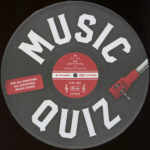



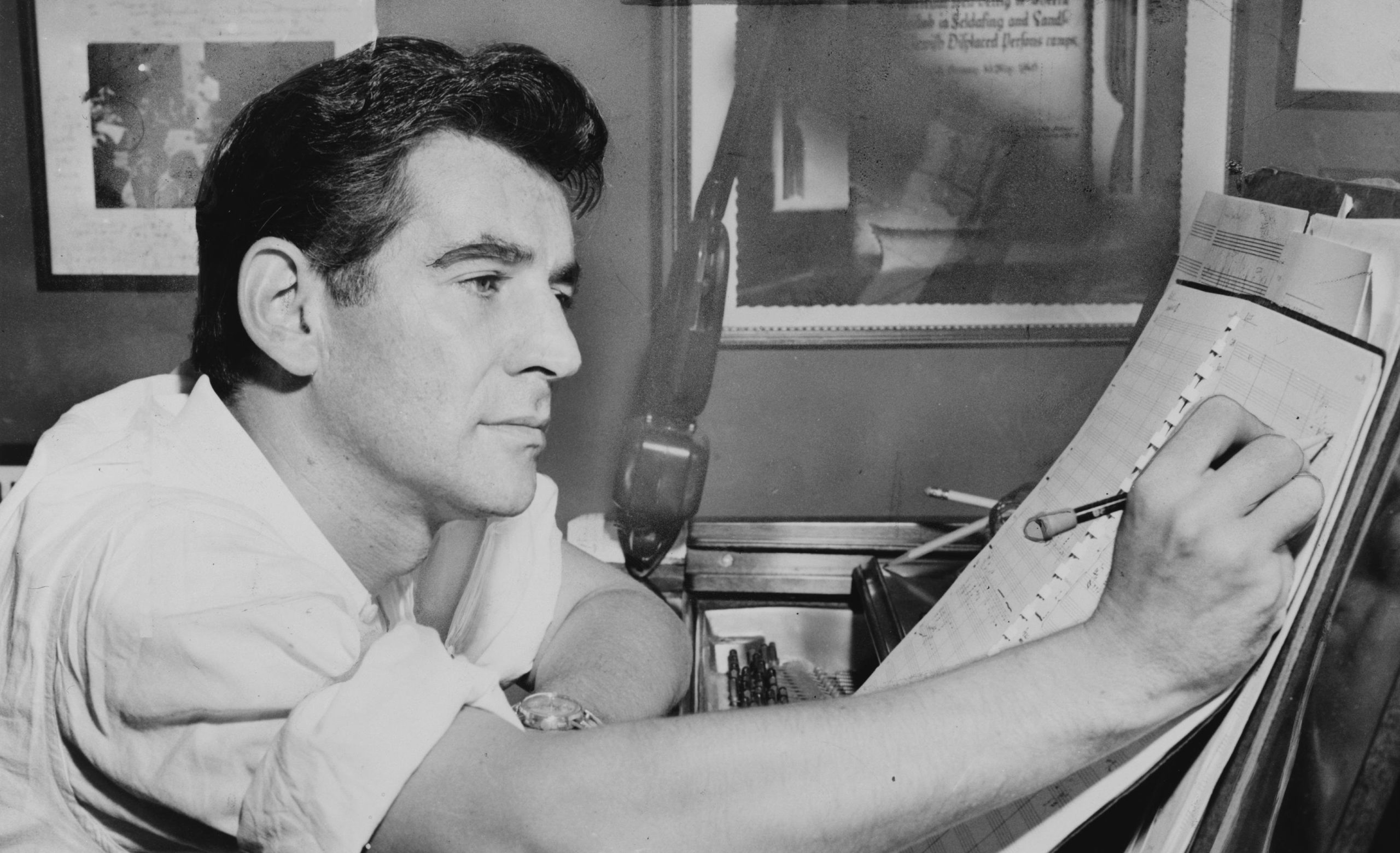
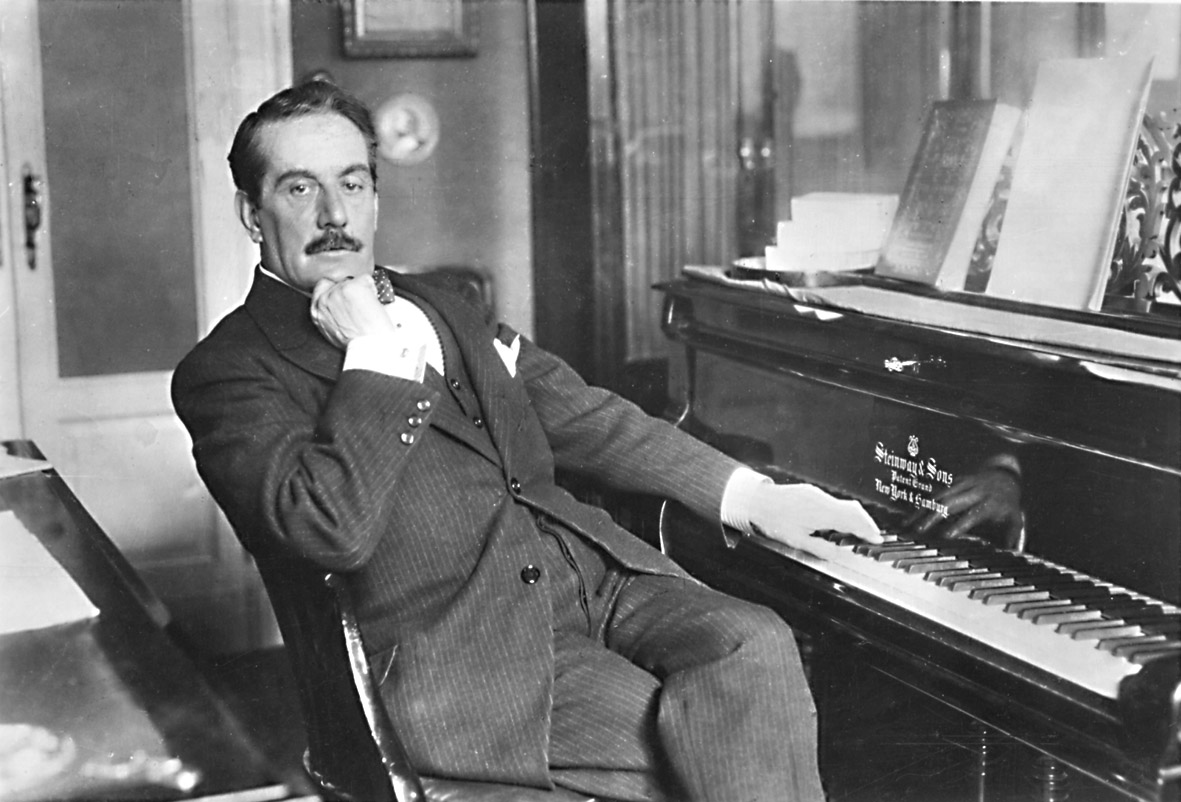
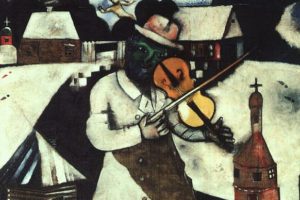










Recent Comments